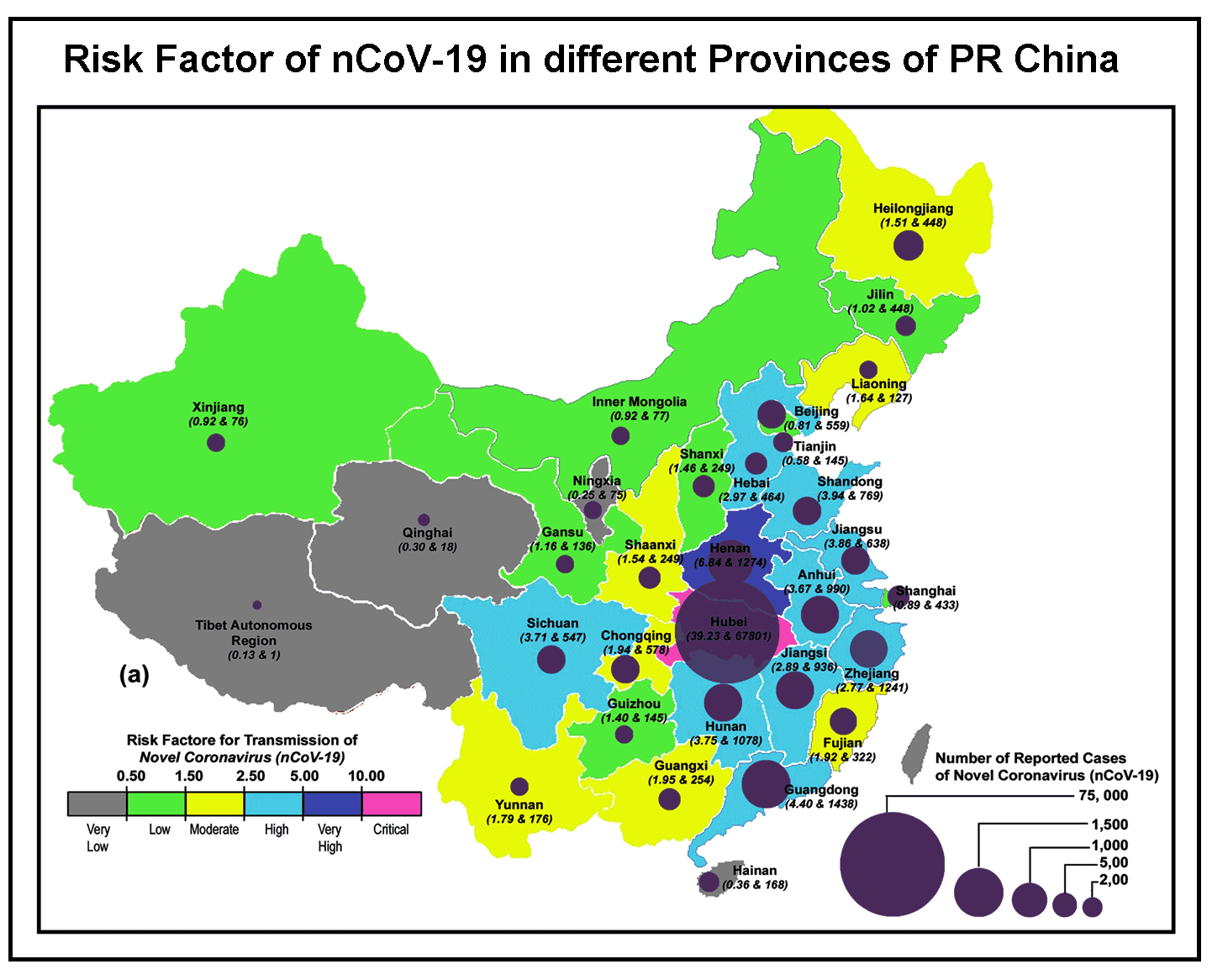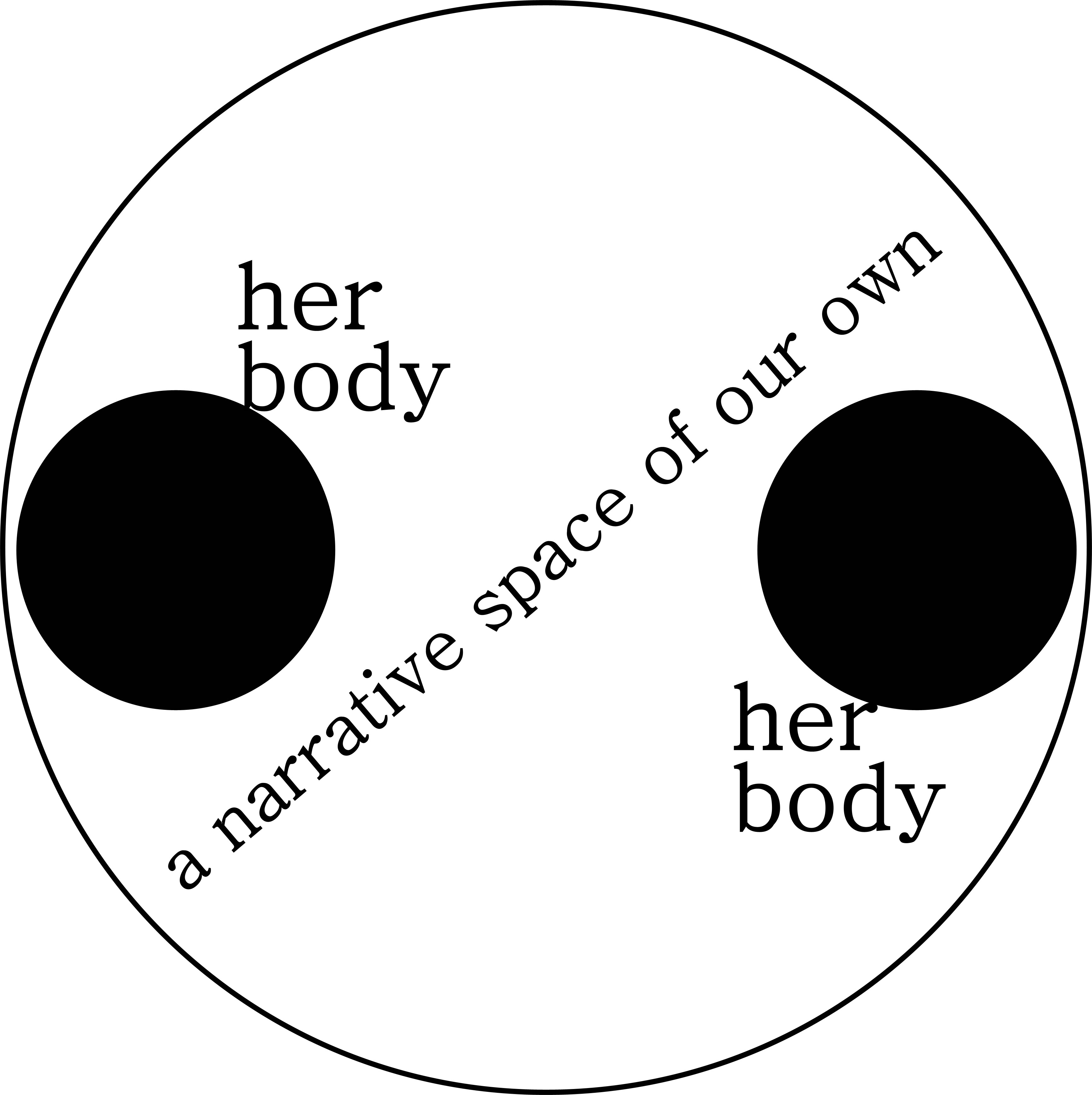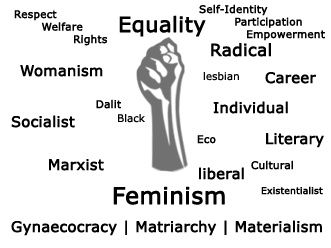Article Title :
Resistance in the New Harem Era: Gendered Violence and the Power of Media in the Time of Covid-19 in Morocco 
4 (2020)
28-41
COVID-19 , social media , Resistance , Harem , covert dissent , confinement


In a time of great uncertainties, the world witnesses, for the very first instance in its modern history a global lockdown spanning over all the vital spheres of economic and social life. At this point, when neither leaving home nor staying is an option, the surge to exponentially study the manner in which human life has evolved and been shaped under such circumstances gained valuable interest, especially within the circles of feminist and human rights-based academia. Respectively, researchers argue that the weight of the lockdown and movement restriction policies fall discriminately on men and women as they are interestingly leading such novel experiences in different ways. Men, by having no concern mounting to the priority of protecting themselves from being inflicted by this global pandemic and maintaining their economic roles as the traditional family providers, and women on the margin side of the picture, having to deal with the burden of surviving the dangers that the outside and the inside worlds akin dispose. Henceforth, this article is an attempt to probe the dynamics of the private sphere considering the intersections between oppression, seclusion and violence and the development of new dynamics of resistance by transposing from the early 20th century’s feminine experience of confinement and the 21st century’s global lockdown in the time of the Covid-19 pandemic. This research considers the stories presented by the renowned Moroccan sociologist and author “Fatima Mernissi”, who herself lived a different kind of seclusion behind the colossal and skillfully ostentatious walls of the harem of the city of Fez in the forties of the previous century and this shall be done mainly by reviewing the stories of resistance presented in her memoir Dreams of Trespass: Tales of a Harem Girlhood; and by considering the stories of five respondents who have shared with us their accounts through various social media outlets upon the surge of the pandemic in Morocco. The purpose here is to unravel the convergences between women’s experiences of gender-based violence (GBV) in both confinements and to foreground the value, significance and challenges these feminine insights being in them simple acts of everyday life constitute in establishing a discourse of resistance and feminine empowerment vis-à-vis patriarchy, seclusion and gender-based violence1.

This article is an attempt to probe the dynamics of the private sphere considering the intersections between oppression, seclusion and violence and the development of new dynamics of resistance.
Our respondents admit to feeling empowered, part of a wider community and more determined to change and make improvements to their life.
The rates of gender-based violence intensified significantly during the new global lockdown that the Covid-19 pandemic instituted.
Whenever there was or is violence against women, they always found ways to combat it and to express themselves in fashions totally liberated from its confines.
Baker, A. 1998. Voices of Resistance: Oral Histories of Moroccan Women, New York: State University of New York Press, 5.
Cixous, H. and Kerslake B., 1984. Aller à la mer. Modern Drama, 27(4), 546.
Foucault, M., 2003. The subject and power. In Sara Mills, Michel Foucault, London: Routledge, 38.
Mernissi, F., 1975. Beyond the Veil: Male-Female Dynamics in Muslim Society, Cambridge: Schenkman Publishing Company, Inc, 34.
Mernissi, F., 1995. Dreams of Trespass: Tales of a Harem Girlhood, Perseus Books, 5.
Mernissi, F., 1996. Women’s Rebellion and Islamic Memory, New Jersey: Zed Books Lid.
Mills, S., 2003. Michel Foucault. London: Routledge.
Rich, A., 1979. On Lies, Secrets and Silence: Selected Prose, 1966-1978.
Ruthven, K. K, 1984. Feminist Literary Studies: An Introduction, New York: University of Cambridge Press, 15.
Sadiqi, F., 2012. Oral Knowledge in Berber Women’s Expressions of the Sacred. Global South Project, Cornell University, 3.
WHO [World Health Organization], 2013. World Health Organization, Department of Reproductive Health and Research, London School of Hygiene and Tropical Medicine, South African Medical Research Council, Global and regional estimates of violence against women: prevalence and health effects of intimate partner violence and non-partner sexual violence, 2.






